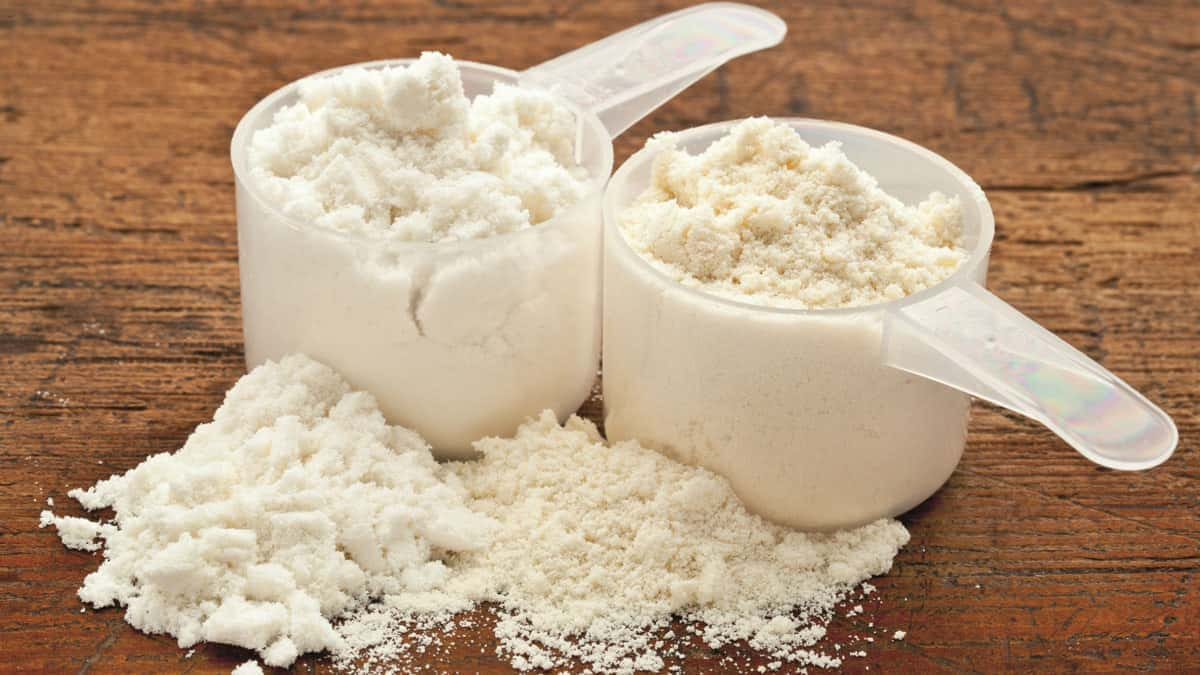Decoding Milk Digestion to understanding Intolerances and Allergies
Decoding Milk Digestion to understanding Intolerances and Allergies
Lactose intolerance and milk protein allergy are two distinct conditions that can affect milk digestion.
Milk is a common food enjoyed by many, but for some individuals, it can cause digestive discomfort or even severe allergic reactions. Lactose intolerance and milk protein allergy are two distinct conditions that can affect milk digestion. This article will explore the symptoms, causes, and management strategies for these conditions.
1. Lactose intolerance:
Lactose, a sugar in milk, can be difficult for people with lactose intolerance to digest. This can lead to digestive symptoms even if the person is not sensitive to casein or whey. Lactose intolerance is a digestive condition caused by a deficiency of the enzyme lactase, which breaks down lactose.
- Symptoms: Bloating, gas, diarrhea, abdominal pain.
- Management: Avoid or limit dairy products, consume lactose-free alternatives, use lactase enzyme supplements.

2. Milk protein allergy:
The immune system reacts to proteins found in milk, such as casein and whey. Casein is a complex protein that makes up about 80% of the protein in milk. It is a slow-digesting protein, meaning it takes longer for the body to break down and absorb it. Whey is a fast-digesting protein that makes up about 20% of the protein in milk, it is rich in essential amino acids and is often used as a protein supplement. Both casein and whey make up the majority of the protein content and contribute to the nutritional value of milk. However, they can also be factors in causing intolerance or sensitivity to milk.
- Symptoms: May include digestive symptoms, skin reactions (hives, eczema), respiratory symptoms (wheezing, coughing) and in severe cases life-threatening anaphylaxis.
- Management: Avoid all dairy products completely.

3. Other factors that affect milk digestion:
- Stomach sensitivity: Some people may have a sensitive stomach that reacts negatively to milk, especially in the morning.
- Drug interactions: Some medications can interact with milk and cause digestive problems.
- Underlying health conditions: Certain health conditions, such as inflammatory bowel disease (IBD) or irritable bowel syndrome (IBS), can affect the digestion of milk.
If you experience digestive problems after drinking milk, it is important to consult a healthcare professional to determine the underlying cause. They can help you determine if you have lactose intolerance, a milk protein allergy, or another sensitivity.

Conclusion:
Understanding the differences between lactose intolerance and milk protein allergy is crucial for individuals experiencing digestive problems related to milk consumption. By working with a healthcare professional, you can determine the underlying cause and implement appropriate management strategies. Whether it's avoiding dairy products, choosing lactose-free alternatives, or addressing other factors affecting milk digestion, finding the right approach can help you enjoy a healthy and comfortable lifestyle.
Compiled and written by Crocus Media
Products

Drip Bags Coffee
This is a combination version of the delicate sweetness of Red Bourbon coffee with the rich sweetness of Catimor coffee, taking the seductive aroma of Bourbon to activate the feeling of euphoria. Pre-ground coffee, contained in a paper filter bag, is very convenient and saves time to make a perfect cup of coffee that brings many health benefits and mental refreshment.

Negin Saffron Kashmiri
Negin Saffron from The House of Origins is legally sourced with high quality. There are a plethora of famous saffron raw material areas, but the Kashmiri pistil from India has a better quality because the climatic and soil conditions are more suitable for them. Each Kashmiri saffron has 3 delicate branches of saffron that are skillfully hand-picked by the local Lethapora farmer community to bring you the original and pure 'red gold'.

.jpg)
.jpg)
.jpg)